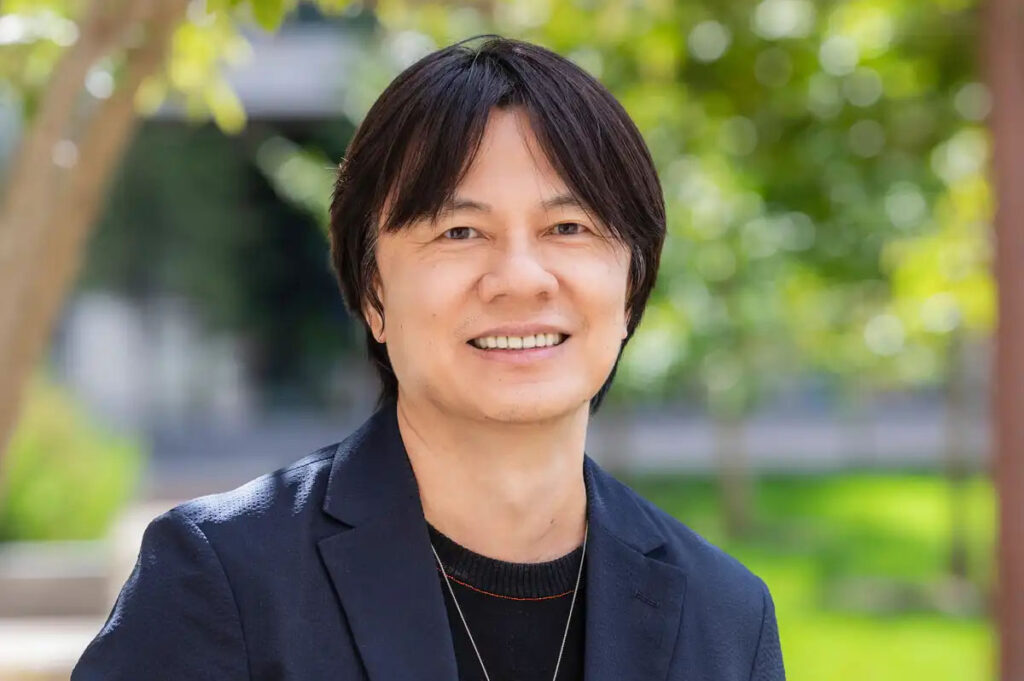- Fils makes winning return in Montpellier ATP Tour
- Open Sud de France Betting Odds and Match Previews for February 3, 2026, Men’s Singles Sportsbook Wire
- Arthur Fils Returns To The Tour Last Word On Sports
- Tennis, ATP – Open Occitanie 2026: Fils…
Author: admin
-
Fils makes winning return in Montpellier – ATP Tour
-

It’s Time to ‘Rise Up’
Patti LuPone has spoken out against President Donald Trump’s looming plans for the Kennedy Center, calling for the public to band together in an effort to halt his proposed alterations to the building’s name and architecture.
On Monday,…
Continue Reading
-

Militants with US-made arms complicate Washington’s bid for critical minerals in Pakistan: CNN
Report says mineral ambitions target regions scarred by insurgencies, worsened after US withdrawal from Afghanistan
Pakistani soldiers keep vigil next to newly fenced border fencing along with Afghan’s Paktika province border in Angoor Adda in…
Continue Reading
-

OCR on Arduino UNO Q with Edge Impulse using Model Cascade
Optical Character Recognition (OCR) is one of my favorite use cases for computer vision. There is something that fascinates me about a machine “reading” the physical world. Once I saw this Edge Impulse project doing Model Cascading to enable OCR…
Continue Reading
-
Pakistan’s burgeoning arms industry is a strategic opportunity for the US – Defense One
- Pakistan’s burgeoning arms industry is a strategic opportunity for the US Defense One
- Pakistan’s phantom arms boom: How domestic diplomacy is manufacturing a global lie Firstpost
- ‘Pakistan may face supply crunch as JF-17 success sparks…
Continue Reading
-
Pakistan’s burgeoning arms industry is a strategic opportunity for the US – Defense One
- Pakistan’s burgeoning arms industry is a strategic opportunity for the US Defense One
- Pakistan’s phantom arms boom: How domestic diplomacy is manufacturing a global lie Firstpost
- ‘Pakistan may face supply crunch as JF-17 success sparks…
Continue Reading
-

Police to review latest claim about Andrew Mountbatten-Windsor’s links to Epstein | Andrew Mountbatten-Windsor
British police are to review fresh allegations that Jeffrey Epstein provided Andrew Mountbatten-Windsor with a woman to have sex with at the Royal Lodge in 2010.
The woman has claimed she spent the night at the then prince’s residence in…
Continue Reading
-

Hubble Achieves 50% Completeness Mapping Stellar Populations In M96’s Halo
Scientists are now probing the furthest reaches of spiral galaxy M96 to understand how such galaxies assemble their stellar halos. J. Christopher Mihos (Case Western Reserve University), Patrick R. Durrell (Youngstown State University), and…
Continue Reading
-

Reinforcement Learning Scales to Vast Systems
From autonomous cars to video games, reinforcement learning (machine learning through interaction with environments) can have an important impact. That may feel especially true, for example, when you’re a passenger late for dinner…
Continue Reading
-

Who is in the Epstein files? – BBC
- Who is in the Epstein files? BBC
- Thousands of Epstein documents taken down after victims identified BBC
- Newly released Jeffrey Epstein files: 10 key takeaways so far The Guardian
- The Government Published Dozens of Nude Photos in the Epstein…
Continue Reading